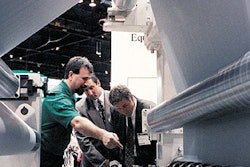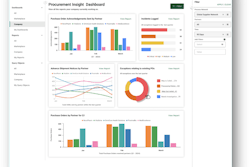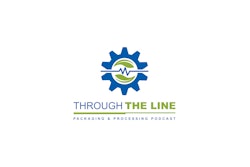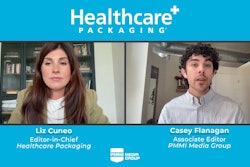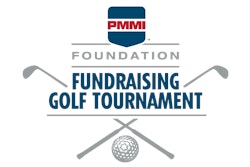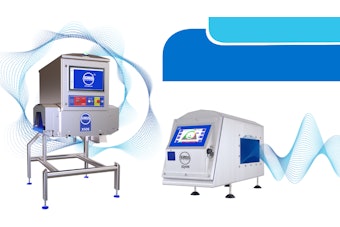Smart packaging in drug development: The disconnect in clinical trials
Electronic compliance monitoring packaging has been around for years, yet many pharmaceutical companies are unable to quantify the return on investment of smart packaging. Pundits who predict the future of packaging often talk bout the rise of smart packaging. What exactly is a smart package? One U.K. Web site cites examples such as time-temperature food quality labels, self-heating or self-cooling containers—any package enhanced to deliver additional consumer convenience.
Jan 5, 2007
Pharmaceutical Innovations Report
Discover the latest breakthrough packaging technologies shaping the pharmaceutical sector. This report dives into cutting-edge innovations, from smart containers that enhance patient safety to eco-friendly materials poised to transform the industry’s sustainability practices. All from PACK EXPO. Learn how forward-thinking strategies are driving efficiency and redefining what’s possible in pharma packaging.
Learn More
List: Digitalization Companies From PACK EXPO
Looking for CPG-focused digital transformation solutions? Download our editor-curated list from PACK EXPO featuring top companies offering warehouse management, ERP, digital twin, and MES software with supply chain visibility and analytics capabilities—all tailored specifically for CPG operations.
Download Now



